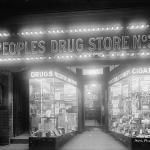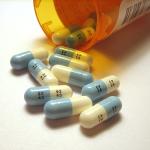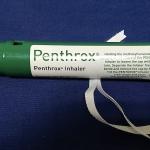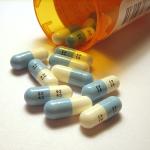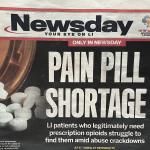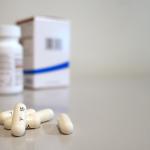When President Donald Trump launched his bold trade policy agenda back in 2018, targeting China with sweeping tariffs, pharmaceuticals were conspicuously spared, unlike semiconductors, lumber, and copper, that were caught in the economic crossfire
drug shortages
It's a familiar complaint: The American health system is failing to deliver in part because of ever-rising drug prices.
From 1968 to 2020, Americans experienced a remarkable increase in life expectancy, from 70 to 78 years. Much of that was due to advances in drugs and vaccines, many of which are now unavailable because of shortages.
For more than a decade, patients who've needed certain controlled medications have suffered from ill-advised, untenable policies the U.S. government has instituted, allegedly to mitigate the ever-surging numbers of drug overdose deaths.
From 1968 to 2019, Americans experienced a remarkable increase in life expectancy, from 70 to 79 years. Much of that was due to advances in drugs and vaccines.
Dr. Deborah Greenhouse, a pediatrician in South Carolina, tweeted in February,
A pediatrician in South Carolina, Dr. Deborah Greenhouse, recently tweeted:
The indignities that COVID has heaped upon us in the form of shortages now range from one end of the gastrointestinal expressway to the other.
Can someone please explain the logic here? Does this make any sense at all?

